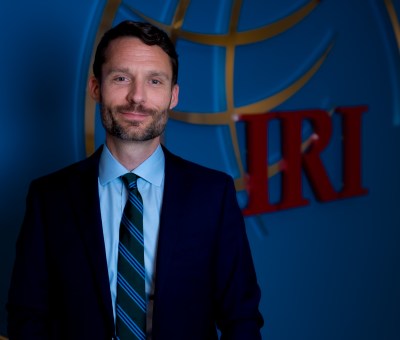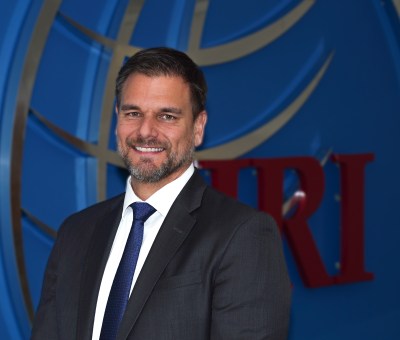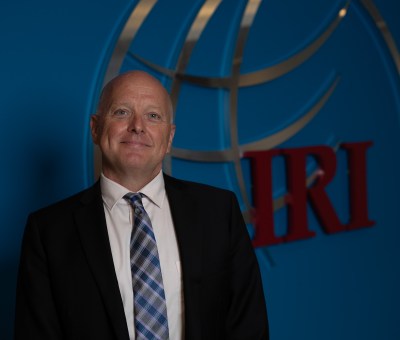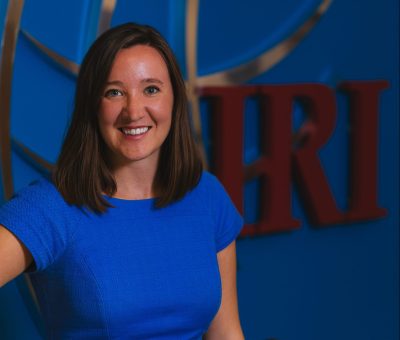What Niger’s Coup Means for the Global Fragility Act in Coastal West Africa
The following contains insights from a private roundtable discussion convened by the International Republican Institute (IRI) in November 2023. The event focused on the coup in Niger, implications for Coastal West Africa and the Sahel, and how the Global Fragility Act (GFA) can be used to address challenges in the region and promote democracy. The event included participants and speakers from think tanks, the Hill, international development organizations, and the U.S. government.
CHALLENGES & CONSIDERATIONS
- A wave of recent coups and limited security sector oversight have contributed to an unstable environment that enables corruption in the Sahel and West Africa. Historic dysfunction and predatory behavior by security forces have eroded citizens’ trust in governments and contributed to democratic capture. Successful coups across the region have arguably promulgated the view amongst regional military forces that coups are an effective and possibly advantageous option. The U.S. and allies must “call a coup a coup” as well as denounce the involvement of coup leaders in a political transition—and avoid backtracking on these positions, lest they incentivize future putsches. As security forces are distracted by dynamics in the capital and occupied by recent coups, this can enable further insecurity and conflict at the local level.
- Jihadist groups are executing initiatives that resolve citizens’ priority challenges – security, justice, and environmental issues as well as offering a pathway for reconciliation – and therefore making increasing inroads with local populations. Security sector abuses – and collaboration by the military with murderous militias – drive local support away from the government. This dynamic increases suspicion of the U.S. in cases where the United States is aiding the host military. Popular support for host governments in the region will deteriorate as long as jihadists protect and advocate for local communities and governments overlook security sector abuses.
- “Democratic capture” in the region – wherein predatory elites have obtained office through highly flawed elections only to use their power to benefit themselves and their clients – has increased citizens’ frustration toward democracy. This dynamic is particularly pronounced at the local level, where government officials do not seek to understand, let alone address, grievances or needs.
- U.S. and allied engagement with the same set of actors across the elite political class, mostly in capitals, has inhibited its ability to recognize and address emerging signs of democratic capture. A desire to identify successes can reduce opportunities for engagement with actors who may have more accurate analysis. For example, there can be challenges when the international community endorses certain countries – like Niger or Ghana – as beacons of democracy, because this can obscure deeper challenges or factors like those that drove the coup in Niger. Furthermore, with the failure to develop a strong network of democratic institutions and actors, there is resentment and confusion directed at the U.S. and France, whereas communities in the region largely understand the intentions of countries like Russia and China. Identifying and engaging with the right actors must become a priority, as working with actors with limited understanding of the local context or local support decreases our ability to identify and address early warning signs of democratic capture.
RECOMMENDATIONS
- To mitigate local support for jihadists, consult a wider range of often untapped local groups – from trade organizations to women’s associations – to obtain a better understanding of why jihadi efforts resonate and what the government can do to shift support to official institutions. Grievances among local communities often provide an indication of which direction the country will take at the national level. Broadening views and reach to work with grassroots organizations, unregistered organizations, traders, women’s associations, and other groups, would provide U.S. officials and development practitioners with a more fulsome understanding of local needs. Partnerships with regional organizations should be extremely deliberate, as citizens may no longer trust many of these institutions or view them as a mouthpiece of the West.
- Support for democracy strengthening should remain at the core of GFA implementation in the region. The U.S. should increase support for strengthening political parties, as the key link between citizens and their governments. Improving service delivery, accountability, and rule of law will help to create a narrative that democracy can deliver in a way that matters to local communities. Engaging parliaments is key to upholding democratic norms and ensuring democracies make improvements to citizens’ daily lives.
- Support early warning systems that enable local communities to share grievances with the government as an evidence-based way to improve communication and collaboration with local populations. This will also improve U.S. understanding of what local communities want from democracy. A significant amount of support for jihadists lies in their ability to provide services the government cannot; similarly, support for coups is often less about the individual leaders, and more about support for a transition from the current ineffective system. Understanding these grievances and addressing them collaboratively through the government can help promote democracy as an effective form of governance.
- Hold predatory actors accountable for abuses (and rhetoric) and remain firm in calling a “coup a coup.” Any wavering by the U.S. or allies to officially declare a coup will only enable future such putsches. When coups do occur, though, the U.S. must push insurrection leadership to agree to a transition timeline. The U.S. has for too long prioritized counter-terrorism priorities over all else—this has helped enable the current series of coups.
- To respond to changing regional dynamics, exploit the flexibility built into the GFA structure. It is imperative that the adaptation and implementation of the GFA is collaborative and inclusive, so as to truly capture the reality of the environments it operates in. The GFA must be fully funded and implemented in line with the strategic plan for Coastal West Africa, rather than through piecemeal, disparate initiatives. The GFA offers an opportunity to help design structures that enhance inter-agency collaboration in West Africa. For example, expertise from across different sectors – including democracy and governance – should be represented in strategy and policy development for West Africa, given that the overlapping nature of these challenges present necessitates a multisectoral response. Inclusive collaboration and funding must be prioritized to maximize the benefits of the GFA.
Contact Information:

Patrick
Quirk, PhD
Vice President for Strategy, Innovation, and Impact

Will
Meeker
Senior Director, Africa

Gregory
Kearns
Director, Africa

Lauren
Mooney
Senior Manager for Conflict Prevention and Stabilization